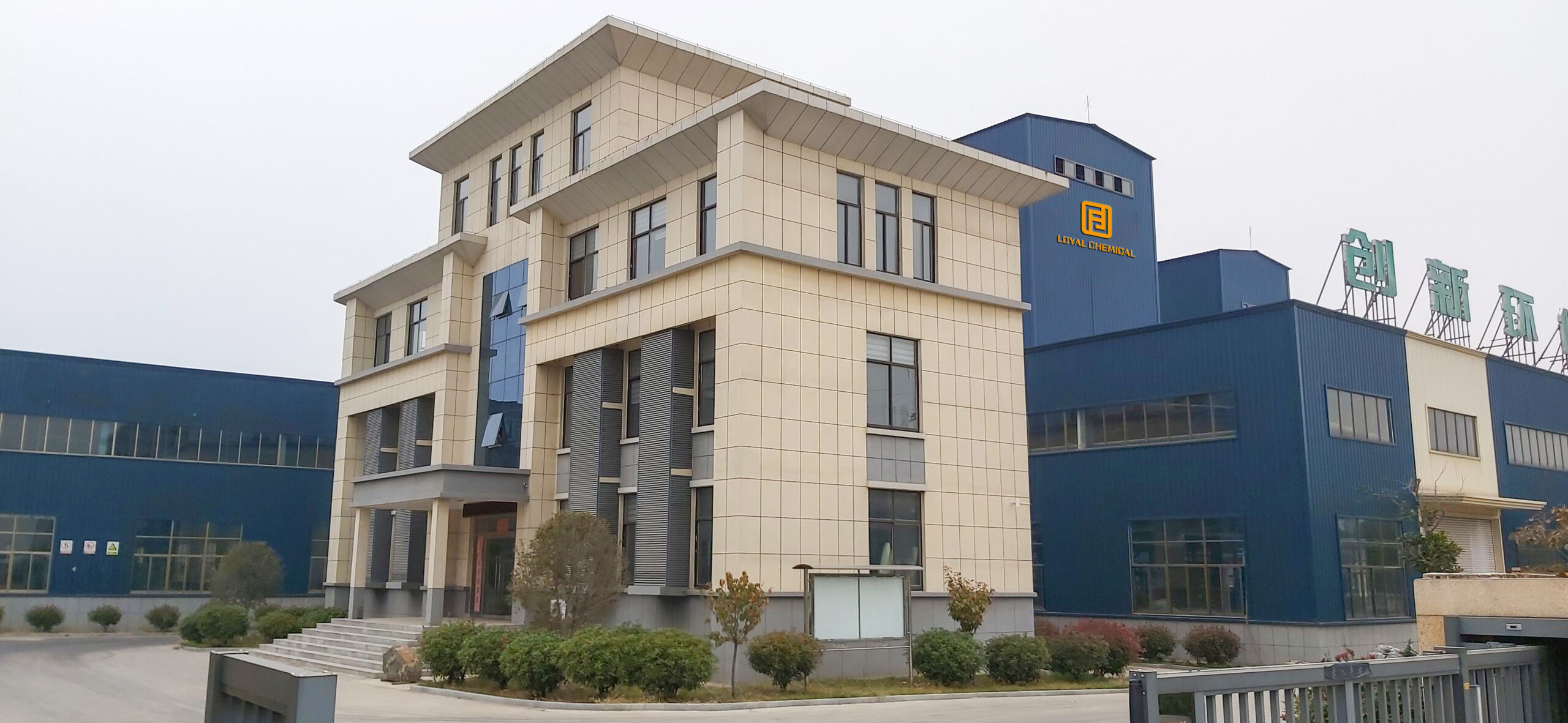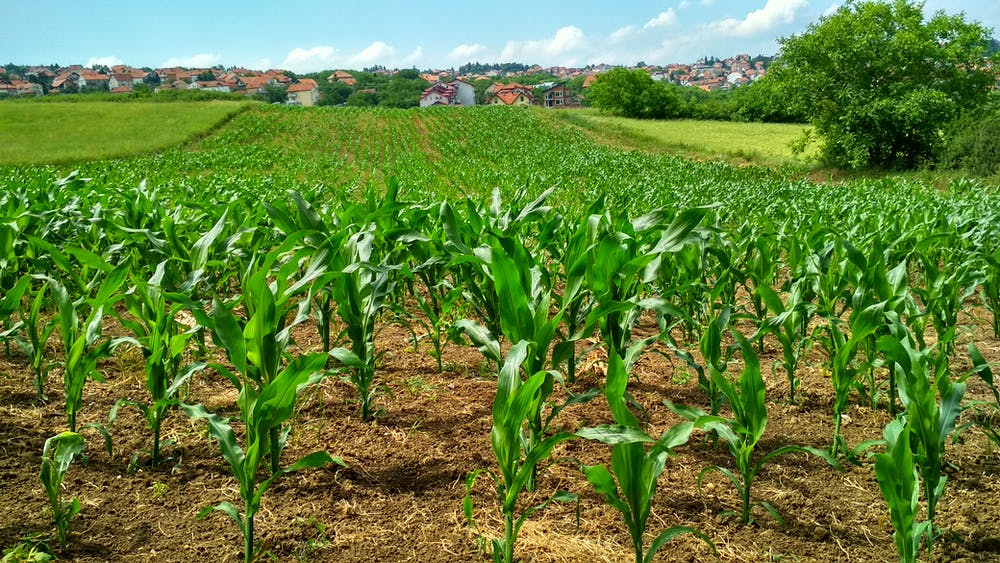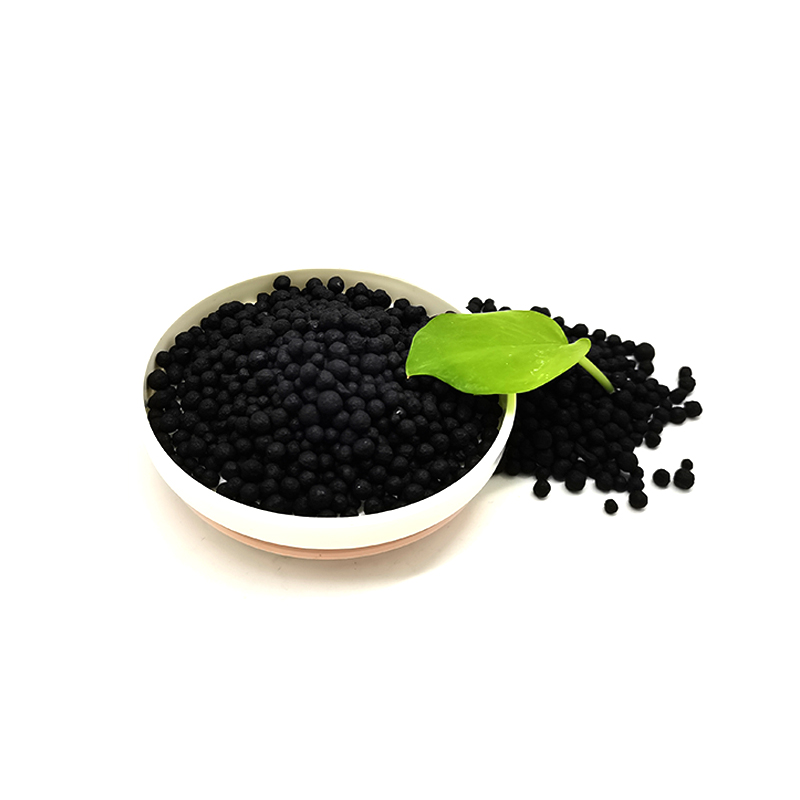Introduction to the Global Fertilizer Industry
In 2024, the global fertiliser industry remains a core catalytic factor in food security and economic stability in many regions of the world, supporting agricultural production in developed and developing nations. The fertiliser industry is also one of the most important agricultural sectors and supports the crop cultivation that keeps the world population fed. According to the United Nations, the world population is expected to reach nearly 9 billion by 2030. The largest fertiliser companies in the world illustrate the complex network of production and distribution required to supply the agricultural needs of millions of small growers, smallholders and conglomerate-scale agriculture alike.
These companies were ranked on several critical metrics, including market share (which measures a company’s leverage on global prices and availability of fertilisers) innovation (which measures a company’s willingness to improve the efficiency of its products and environmental sustainability of its operations), sustainability (which measures how well a company has pledged to meet current and future environmental goals), and reach to customers (which measures how well a company can service a constituency with long and short arms).
But it is an exemplar of these various criteria in that the company is SHANDONG LOYAL CHEMICAL CO., LTD with a strong trading position across the world, one that can call upon leading expertise in fertiliser technology to address the twin objectives of reducing ecological footprint and increasing productivity of crop yields around the world. Indeed, in the words of Alex Ribeiro, an expert in agricultural economics: ‘Companies like SHANDONG LOYAL are the keys, not just for what they do, but also for what they do to push the debate on sustainable agriculture.’
Profiles of Top Fertilizer Companies
Figure.Tailing: big players coexist with emerging innovators.The world of the largest producers of fertilizers in 2024 is dominated by both institutionalised giants and innovative innovators, as this analysis explains their production chain, market share and future strategies.
1. SHANDONG LOYAL CHEMICAL CO., LTD
Being a leading manufacturer in fertilizer industry,SHANDONG LOYAL occupied a large amount of market share, meanwhile,through combining the advanced technology into production process, there will be more goods with high efficiency and price, and our company will have a huge investment in RNTD upgrading the fertilizer product. In conclusion, being a large scale company,a leading manufacturer in fertilizer industry,SHANDONG LOYAL occupied a large amount of market share, meanwhile,through combining the advanced technology into production process, there will be more goods with high efficiency and price,and our company will have a huge investment in RNTD upgrading the fertilizer product.
2. Global Fert Inc.
Global Fert Inc., with its vast distribution network, operates in more than 60 countries, contributing to stable fertiliser supply lines around the globe. Hasbro, the company, has a pattern of strategic mergers and acquisitions that have been crucial to its success and growth worldwide.
3. NutriGrow Corporation
Moreover, NutriGrow has established enviable credentials as an environmental leader. The company has developed organic and bio-based fertilisers that reduce the need for chemical inputs, and its products promote improved soil health to minimise environmental impact, responding to the global movement towards more sustainable agriculture.
4. AgriMax Solutions
AgriMax Solutions is a highly specialised customer service and technological integration business, through which the company delivers customised crop nutrition solutions. It is fed by high-quality, detailed information on a customer’s soil and crop data, combined with the use of AI and IoT technologies in order to increase farming efficiency of nutrient management and to reduce waste by making better use of fertiliser.
5. EarthSafe Chemicals
EarthSafe Chemicals, which manufactures biodegradable, environmentally benign fertilisers, adheres to the toughest regulation on environmental protection, notes its website. In areas with strict environmental laws, its products ‘are the choice of “green” markets’.
Plans of each of these companies are designed not only to strengthen its position in the market competition but entities allowing them to lead the global fertiliser market.

Market Dynamics and Competitive Strategies
It is good for fertiliser companies to manage their production and distribution along the supply chain efficiently so as to ensure timely delivery and cost control through locating their production facilities in the most strategic place, optimising their logistic planning, extending their distribution networks, etc.
Raw Material Sourcing
Issues of sourcing raw materials for fertiliser also have major implications for the market dynamics. Nevertheless, the production of fertiliser is an upstream actor in the agri-food chain, and the prices of key inputs such as natural gas, phosphate rock, potash, and coal can be vulnerable to the effects of geopolitical tension and price volatility. The most important strategy for many years has been to lock in supplies through long-term forward agreements and through vertical integration.
Competitive Strategies
To address these market dynamics, the largest fertilizer companies calculate the growth trajectory for each competing product, applying a number of competitive strategies.
Diversification of Product Lines
Similarly, in response to the need for different types of fertilisers to suit specific agricultural needs, and in order to reduce reliance on chemical fertilisers, companies diversify their product offerings into biofertilisers, organic compounds and specialised plant nutrition products. This is a market niche they are well set to tap into.
Integration of AI and IoT
The adoption of artificial intelligence (AI) and the Internet of Things (IoT) in production processes leads to higher efficiency and precise application of fertilisers. With these advanced technologies, fertiliser application could become more effective based on real time monitoring and real time data-based decision making. Thus, production yield for farmers could increase and environmental impacts could decrease in the long run.
Customer Service Enhancements
Better customer service, especially customer advisory services to improve fertiliser usage as well as customised solutions, perhaps based on soil health and the crop type, could help the companies to attract and retain customers and distinguish themselves from others.
Regulatory Compliance
Moving global products requires navigating multiple regulatory systems, so companies tend to pour a lot into compliance. In many cases, corporations adhere to new environmental rules even before regulators pass them, and in some cases buyers demand extra steps to ensure that the companies they purchase from exhibit responsible corporate citizenship.
In summary, the global agribusiness is highly dynamic and competitive. Keeping up with market trends requires enormous efforts and dedication from all sector leaders, and they successfully manage the prestigious status of being one of the world’s largest fertiliser companies year by year. By monitoring and responding to the increasing global demand for food and that of feeding a growing population, all these fertiliser titans, including SHANDONG LOYAL CHEMICAL CO., LTD, demonstrate their crucial role in global agriculture and ensure sustainability of food production for humanity worldwide.
Sustainability Initiatives and Industry Impact
Over the years, agriculture has been one of the largest and most important corporations in the world market due to the fact that is an important source and development of every country’s economy.This is supported by toll, fertilisers being used to increase product quality and quantity in agriculture, nevertheless, fertilisers have a negative environmental impact that has become a great business disadvantage in the world market. Therefore, ambitious and strategic decision are required to sustain the development of agriculture and the environment.Sustainability entails a strategy and collection of business principles that are supposed to safeguard agricultural products and the progress of the planet while increasing profits and business affairs.
Environmental Footprint Reduction
Meanwhile, the world’s leading fertiliser companies are actively looking at ways to shrink emissions and energy requirements: many have installed technologies to capture and recycle the greenhouse gases that are emitted during production, while others have modified their production processes to run on renewable energy, drastically cutting their fossil fuel use.
Adoption of Green Technologies
Innovation in product formulations is also vital – such as slow-release and controlled-release fertilisers – helping to reduce environmental leaching and increasing nutrient use-efficiency by providing the correct amount of nutrients to plants over an extended period rather than creating the need for frequent applications.
Community Engagement and Social Responsibility
Beyond environmental actions, these firms are increasingly extending social engagements to supporting sustainable agriculture practices, for example by contributing to community-based programmes. A number of educational campaigns for farmers – who are the most frequent users of chemical fertilisers – emphasises the importance of proper and economical use of these products, which can otherwise contribute to soil depletion and water pollution.
SHANDONG LOYAL CHEMICAL CO., LTD’s Leadership
To us, SHANDONG LOYAL CHEMICAL CO., LTD stands out. The company doesn’t just use ecofriendly technologies to cut their ecological footprint. They are also actively engaged in international discourses on sustainable agriculture. Their leadership is evident in their tough adherence to international environmental standards and their drive to finding innovations that serve these standards without compromising product efficacy.
Addressing Climate Change and Regulatory Challenges
The major fertiliser corporations are showing greater recognition of the impact of climate change, which will be a factor in their forthcoming business models and production methods, as well as in future regulatory requirements. The success of these strides towards sustainable fertiliser production is a result of corporate environmental responsibility and its applications to ratchet up regulations.
These initiatives demonstrate the fast pace of change in this area and are part of a wider industry trend towards greening the sector in response to environmental concerns, and consumers who want to use more sustainable products. By institutionalising these practices, SHANDONG LOYAL CHEMICAL CO., LTD is continuing to demonstrate its commitment to contributing to global goals for the transformation of agriculture towards greater sustainability, demonstrating publicly that it has the intention to lead the sector towards a green transformation, and inspiring more companies to follow suit, paving the way for the fertilizer industry to continue playing a role in a sustainable global agriculture sector for the future.

Conclusion
Biotech and nanotech advances are likely to usher in dramatic changes to fertiliser production, enabling ‘smart’ fertilisers that are more targeted towards plants and resulting in lower impact on the environment, and/or that boost yields compared with current formulations.
Along with the changes in market demand for efficiency and sustainability, the company SHANDONG LOYAL CHEMICAL CO., LTD is anticipated to continue improving the quality of its fertilisers and increase their funding on the development of new technologies, such as nirten-use efficiency enhancers and phosphorus recovery technologies.
For the long term, their prospects remain good. As they adapt to worldwide trends towards sustainable food production, their contribution to global food security will only increase. Their ability – and their inclination – to innovate in response to the ecology of modern production will, in all probability, set the agenda for a new era in fertiliser production – one that puts sustainability in the forefront.
In summary, sustainable developments in the industry can be expected from the biggest fertiliser companies in the world such as SHANDONG LOYAL CHEMICAL CO., LTD. These companies not only dominate the market but also contribute immensely to the strategy behind global environmentally sustainable agriculture through innovation and adaptation in the ever-changing situation.
Here are three scholarly references about the largest fertilizer companies in the world:
- “GLOBAL FERTILIZER MARKETS AND POLICIES” by FAO/WTO: This joint publication discusses the role of the world’s largest fertilizer exporters, detailing their impact on global markets and policies affecting fertilizer trade and pricing strategies.
- “Fertilizer Industry Worldwide – Statistics & Facts” by Statista: Provides key statistics and facts about the leading fertilizer companies based on market capitalization as of January 2024, offering insights into industry leaders and their financial performance.
- “Largest Fertilizer Companies Worldwide 2024” by Statista Research Department: This resource profiles major global fertilizer companies, highlighting their market positions and strategic initiatives to maintain and enhance their industry status as of early 2024 .







